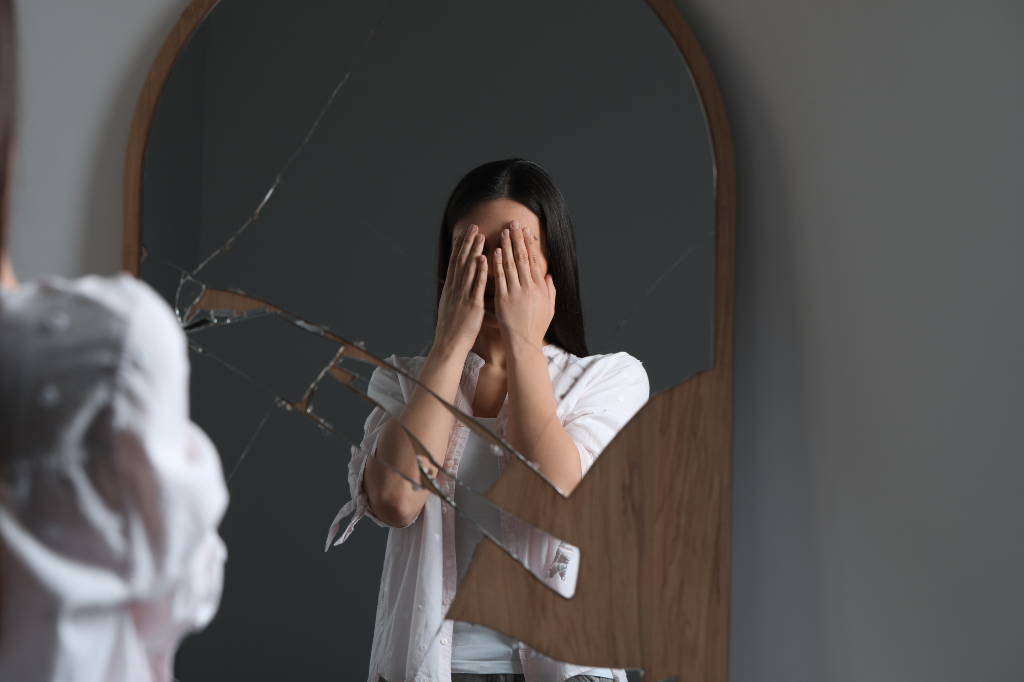Isn’t It Just Ironic?
We can talk loudly about politics at mamak stalls, argue about football teams until midnight, and post TikTok dances without shame. But the moment someone brings up sex or periods, the room goes quiet. People giggle, change the subject, or look away.
Almost every Malaysian is connected to these topics, directly or indirectly. So why do we still act like they are dirty secrets?
Tradition and Modesty
Part of the answer lies in how we were raised. From a young age, we were taught to be secretive and “shy” about our bodies. Girls learned to tuck pads into their sleeves before heading to the bathroom. Boys were warned, but rarely guided on how to talk about reproductive health, leaving them to joke about what they picked up from others.
Similarly, sex is traditionally considered private and periods are often viewed as something messy or “unclean.” It is no wonder many of us grew up thinking these topics should only be discussed in private, or not at all. Moreover, at school, we were told to not ask many questions, to just listen and study, to get good scores, not just in these topics but any general subject. The thing is, when we stay quiet about these topics, we also pass on the idea that sex and menstruation are shameful, instead of natural.
Upholding ‘Values’, Avoiding Truth
In Malaysia, there are many communities with strong reminders to “uphold values” and “protect family honor.” The intention may be good, but the effect often ends in silence.
Instead of open conversations about consent, safety, or healthy bodies, young Malaysians hear warnings like “girls should not talk about periods in front of boys” or “stay pure.” These words may guide, but they don’t explain how our bodies actually work, leaving a gap that can quickly be filled by social media, rumors, or pornography, often with harmful consequences.
Sex Education That Isn’t About Sex
Ask any Malaysian about what they learned in school sex education, and most will laugh, awkwardly too. Instead of practical lessons about periods, contraception, or healthy relationships, students memorise moral slogans and abstract diagrams.
The results?
People believe myths like “Talking about periods in front of boys is shameful” or “If you love someone, you don’t need to ask for consent.” Girls who suffer from painful periods often think it’s “just normal,” even if it’s a sign of something serious. Boys grow up clueless about menstruation, joking about it rather than understanding it. When schools don’t provide answers, youths look elsewhere, often to unreliable sources.
Shame and Double Standards
Let’s be honest: silence doesn’t affect everyone equally. Women carry the heavier burden.
Girls are taught to be ashamed of their periods, to hide pads in black plastic bags, and to feel “dirty” when bleeding. Many skip school during their cycle because they don’t have proper products, or because cramps are dismissed as “excuses.”
Meanwhile, boys who crack sex jokes are seen as cheeky, but girls who discuss the same topic risk being labeled “loose” or “improper.”
This double standard deepens gender inequality. When half the population has to hide their experiences while the other half laughs about it, we create a society where silence reinforces discrimination. Breaking this stigma requires safe spaces and communities, something brands likePistilare actively working to create through education and women-focused health solutions.
But What About Our Youths?
Here’s the twist: young Malaysians are not as quiet as their parents. On TikTok and Instagram, more youths are openly talking about periods, sexual consent, and body positivity. Companies, likePistil, and NGOs, like The She Society, and Bidadari Malaysia, have been running campaigns on period poverty and reproductive health. Influencers are breaking the stigma by saying the words out loud.
Many young people feel frustrated: “Why should something so natural be treated like a sin?” For them, staying silent no longer feels acceptable. Young people may speak freely online, but at home, old traditions still hold sway. This clash creates tension, because some Malaysians argue that talking openly about sex or periods will “corrupt” the younger generation. Yet studies, likeSingh (2025), show the opposite: when youths are given accurate information, they actually make safer, more responsible choices.
Others say, “It’s against our values.” But culture evolves. Mental health was once taboo too, but now, Malaysians are slowly learning that depression or anxiety deserve open conversations. Why shouldn’t reproductive health topics like sex or periods receive the same treatment?
Silence only protects stigma. It’s time Malaysians speak openly about sex and periods with honesty, not whispers.Pistilis here tohelp break the stigma.
Author byRina Ho, Pistil Team
This article was orginally featured onThe Rakyat Post
💗 No more silence. No more shame.
📲 Break the stigma around women’s health at www.pistil.io







